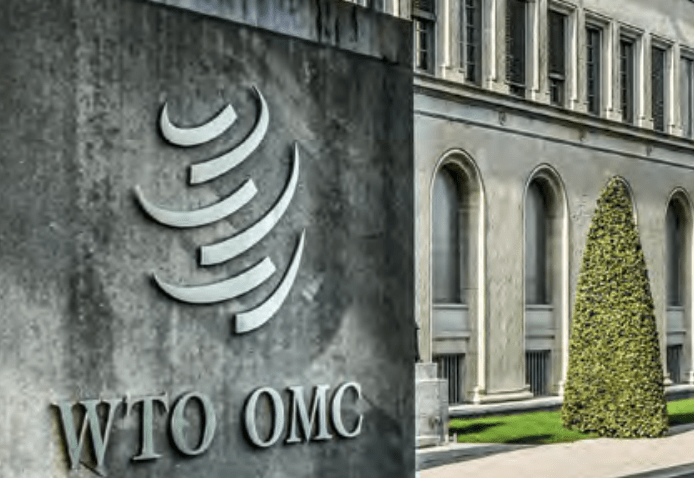After canceling it twice, the World Trade Organization (WTO) rescheduled the 12th Ministerial Conference (MC12) for the week of June 13 in Geneva, Switzerland.
MC12 was supposed to start on November 30 and last until December 3, 2021, but the announcement of travel restrictions and quarantine requirements in Switzerland and many other European countries led the President of the General Council, Dacio Castillo (Honduras), to convene an emergency meeting of all WTO members to inform them of the cancellation.
Currently, one of the three main pillars on which the WTO is based is not working: the dispute settlement system. The other two are, on the one hand, the administration of the agreements derived from the Uruguay Round, and on the other, the negotiation of new disciplines and the reduction of tariffs and other barriers to trade.
Ministerial conference
Earlier, in March 2020, Kazakhstan canceled the 12th Ministerial Conference, which was to be held from June 8-11 in Nur-Sultan.
The decision was made after the World Health Organization (WHO) declared the coronavirus outbreak a pandemic.
The Ministerial Conference, which usually meets every two years, is the most important decision-making body of the WTO. All WTO Members are represented in it, which are either countries or customs unions.
At the same time, the Ministerial Conference can take decisions on all matters falling within the scope of any of the Multilateral Trade Agreements.
From different perspectives, the WTO is an Organization for the opening of trade. It is a forum for governments to negotiate trade agreements. It is a place where they can resolve their trade disputes, although that function is not currently carried out with respect to the Appellate body, the last instance of the WTO.
The WTO also applies a system of trade rules. Basically, it is a place where Member governments go to try to resolve the trade problems they have with each other.
Finally, the WTO was born out of negotiations, and everything it does is out of negotiations. The bulk of the current work of the WTO comes from the negotiations held in the period 1986-1994, the so-called Uruguay Round, and from previous negotiations within the framework of the General Agreement on Tariffs and Trade (GATT).
![]()

